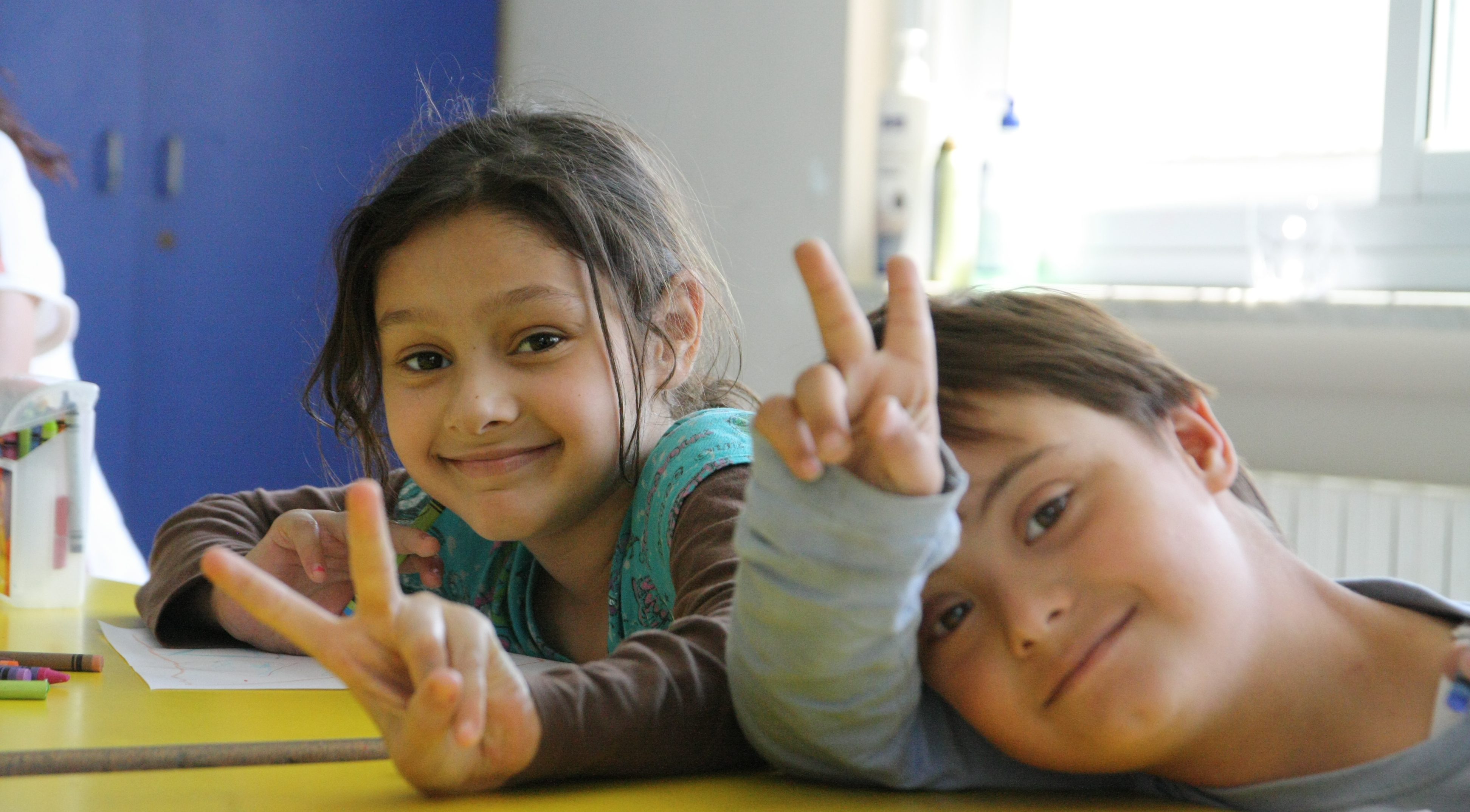Against the backdrop of the current global crises and wars, the Israel-Palestine conflict—which has been ongoing for decades now—has somewhat vanished from the radar of European public life. Yet incidents and violence occur almost on a daily basis in the West Bank, Gaza and Israel. In Palestine, one demographic group in particular has also fallen through the cracks as a result of the conflict: Very little attention is being paid to people with mental disabilities. Governmental support is just as lacking as awareness of their rights. In many parts of Palestinian society, the topic is taboo. Families with children with disabilities are therefore faced with having to care for and support them without any help, which is often more than they can cope with. As a result, people with disabilities live on the fringes of society, sometimes severely neglected. They are often deprived of education and the opportunity to develop to their full potential.
The Sternberg Rehabilitation Center, backed by Mission 21 and based near Ramallah, has supported children and young people with mental disabilities for over four decades. The center’s services range from an inclusive kindergarten, schooling and vocational education to advocacy for the inclusion of people with disabilities in society.
In the midst of a politically unstable region, this charitable work also makes an important contribution to reconciliation: Reconciliation of families with their children with disabilities and reconciliatory work between Christians and Muslims. People with mental disabilities are supported irrespective of their religion or creed. Christian and Muslim employees work alongside each other as a matter of course and without problems. They strive for the individual development of the children and young people entrusted to them, regardless of background or religion. The institution is supported by the Moravian Church. This small but global evangelical church has worked in the region since 1866. At first, Christian, Muslim and Jewish people with leprosy were cared for there and, starting in 1980, children with disabilities, regardless of religious affiliation. Neither religious nor political convictions are at the heart of the work; rather, it focuses on individual human beings and their abilities and needs. The children and young people benefit from this interreligious social work. This cannot solve the long-drawn-out Middle East conflict. The work, however, significantly fosters the recognition that including all people can contribute to reconciliation and peace.


